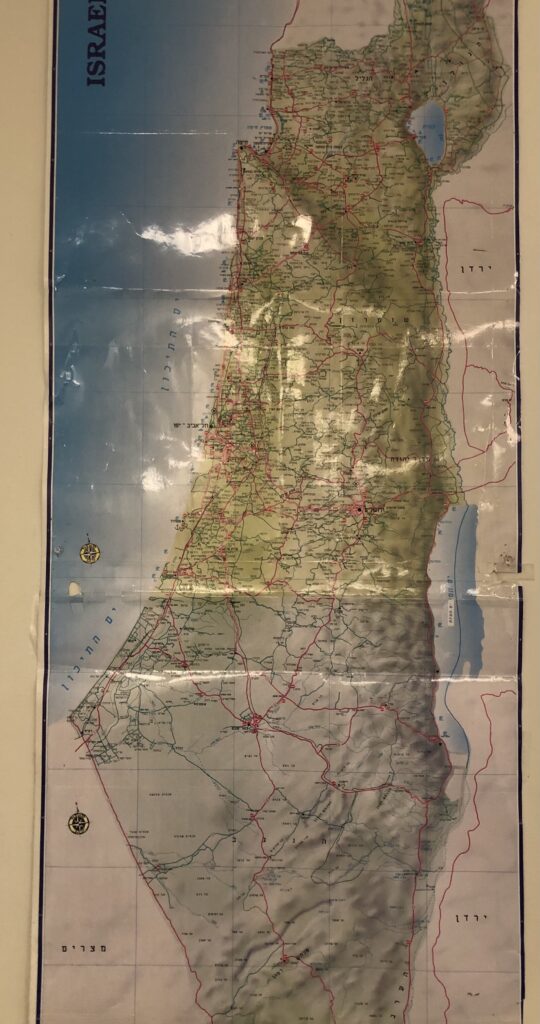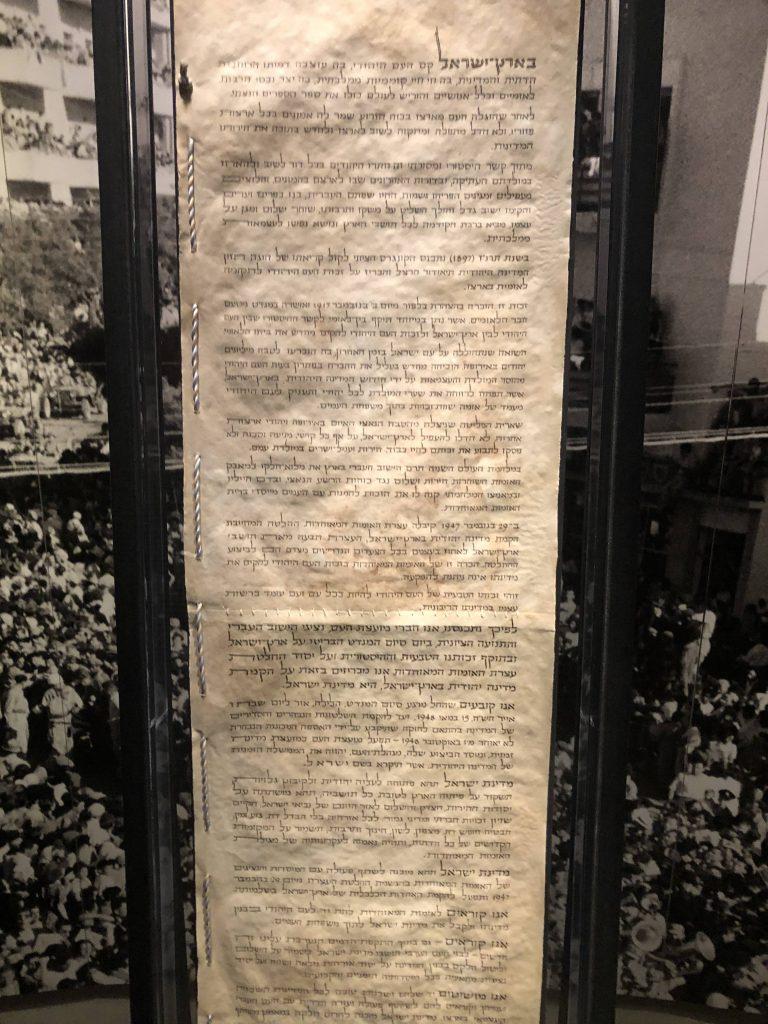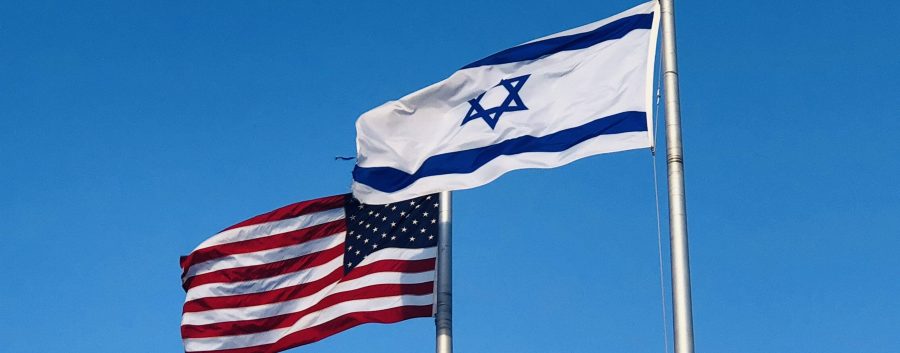Slider photo by Tyler Johnson
Just this past year, in 2020, Israel normalized relations with the United Arab Emirates (UAE) and Bahrain with the Abraham Accords. Prime Minister Benjamin Netanyahu was lauded in Israel, and former President Donald Trump received praise in the US. However, in doing so, Netanyahu changed his approach from “land for peace” to “peace for peace.” In the past, other Arab countries would not have even considered the prospect of peace or normalized relations with Israel unless there was a total withdrawal of the Israel Defense Forces (IDF) and Jewish settlers from the West Bank. This change is due to a new generation of Arabs that are less consumed by the Israeli-Palestinian conflict, to the dismay of the Palestinians. Despite this, the Palestinian Authority (PA) has called the Abraham Accords a “betrayal of the Palestinian cause.”
Over 40 years ago, in 1978, the Camp David Accords were signed by the leaders of Israel and Egypt, Menachem Begin and Anwar Sadat. The goal was to create a framework for peace in the Middle East. The peace process started with the passage of Resolution 242 in the aftermath of the Six Day War in 1967. It is just one of many security measures that would be passed by the United Nations (UN) severely criticizing Israel as the resolution condemned Israel’s acquisition of the West Bank and the Gaza Strip. Only in 1977, after the Yom Kippur War, would Sadat appear before the Knesset advocating for peace. Eventually the two sides began secret peace talks that resulted in the signing of the accords. This was the peace treaty that ended hostile relations between Israel and Egypt.

One major difference between the Camp David Accords and the Abraham Accords is that Egypt was a country in military conflict with Israel. And while the UAE and Bahrain are Arab countries, Israel was never at war with them. Nonetheless, the Abraham Accords are excellent for improving Israel’s cultural relations with other Arab countries. There’s even been Omer Adam concerts.
It must be said, however, that it was important that the US was the country who brokered the deal. This is because both Israel and the UAE benefitted militarily. Israel gained access to advanced US military hardware, and the UAE was able to purchase F-35 stealth jets. The UAE and Bahrain have also now been declared “major security partners” of the US. For Israel, the accords are an advantage because now they have new Arab allies against the perpetual threat of Iran and its nuclear program.
While this has certainly changed the perception of Israel in parts of the Middle East, much still remains to be seen about what the long term effects are.
The outright refusal of Palestinians and of the PA to embrace the Abraham Accords poses a problem. The normalization of relations seems to have no effect on leftover problems created by the Camp David Accords in 1978. The provisions of that peace deal included an autonomous Palestinian authority in Gaza and the West Bank, and, once again, a withdrawal of the IDF and Jewish civilians. Hamas is considered the ‘governing authority’ in the Gaza Strip (even though it’s classified as a known terror organization), and the PA in the West Bank. Even these two Palestinian organizations virtually never see eye to eye on countless issues. However, they both do not approve of any normalization with Israel, in regards to the UAE. In May 2020, the PA had even refused coronavirus aid sent by the UAE because they claimed they would not be made a “tool for normalization.” The aid could have been allocated to a population that hard hit by the pandemic, but, in character, the PA chose to remain stubborn.

Today, Israel has embraced a different diplomacy for a new age that the world has never seen before. Vaccine diplomacy is where a country rich in vaccines offers other countries the sought-after vaccines in exchange for sway or other compensation. In the midst of the coronavirus pandemic, Israel has become a world leader in vaccinations, but in the meantime, the West Bank has entered another lockdown and has only just begun to vaccinate its citizens.
It is still unclear how Palestininas living under Hamas in the Gaza Strip will receive the vaccine at all. That being said, the PA has received 10,000 doses of Russia’s Sputnik V vaccine, which is administered in two shots. This has created a new debate about Israel’s responsibility for providing vaccines to the Palestinian population. Under the Fourth Geneva Convention, an occupying state has the right to oversee the health of the population. However, Israeli officials maintain that they have no legal obligation to do so.
Israel has promised other countries shipments of vaccines, such as the Czech Republic and Honduras. They even promised to buy over 10,000 doses on behalf of Syria, Israel’s bitter enemy, in exchange for securing an Israeli civilian that was being detained in Syria. To many Palestinians, it appears that Israel is prioritizing relations with foreign countries before addressing the needs of the people under its jurisdiction. This adds another layer of complication to the Israeli-Palestinian conflict because even though Palestinians dwell in its occupied territory, their health crisis is not being fully addressed. It is unclear how this newfound vaccine diplomacy will affect the relations of countries worldwide, or how a fourth round of elections within two years will impact foreign policy, but it appears to be working for Israel in the interim. Israel’s diplomacy has changed throughout its existence, always aiming for peace or security, and often political battles ensue from determining which ideology will prevail.

















































































